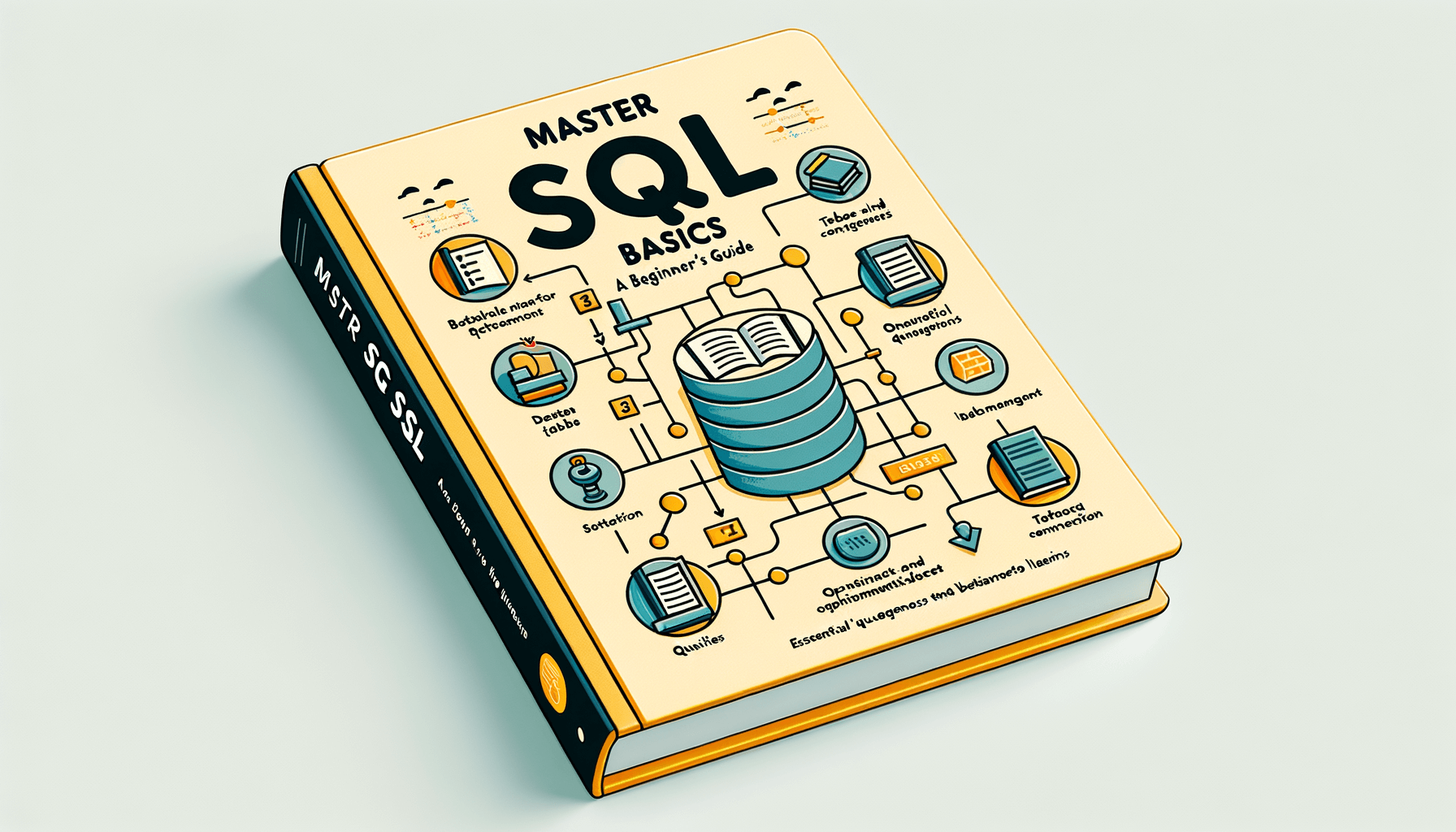A big variety of articles and resources

Mastering SQL Performance: Essential Interview Questions and Strategies
 Sia Author and Instructor
Learn SQL
Sia Author and Instructor
Learn SQL
5 minute read
Table of Contents
In this episode of our SQL Performance series, we delve into the critical SQL performance interview questions that every aspiring database professional should know. Whether you're preparing for a job interview or looking to enhance your SQL skills, this guide covers essential strategies to optimize your SQL performance and tackle real-world challenges.
Key Takeaways
- Understanding SQL performance optimization is crucial for application speed and user satisfaction.
- Query execution plans are essential for identifying performance bottlenecks.
- Proper indexing and maintenance can significantly improve query execution times.
- Caching and materialized views can enhance performance for repeated queries.
- Regular monitoring and analysis of queries are vital for continuous improvement.
The Importance of SQL Performance Optimization
SQL performance optimization is not just a technical skill; it's a superpower in the world of databases. Imagine dealing with a massive dataset where your application slows down to a crawl. Optimizing SQL queries can save precious milliseconds, enhancing both application speed and user satisfaction. Moreover, better performance leads to reduced resource consumption, making your system more efficient and scalable.
Understanding Query Execution Plans
Query execution plans serve as a blueprint for how your database fetches data. By analyzing these plans, you can identify potential issues, such as slow join operations or inefficient table scans. Understanding execution plans is crucial for tuning queries and maximizing performance, akin to having x-ray vision for your database.
The Role of Indexes
Indexes are your best friends when it comes to speeding up query execution. However, it's essential to focus on quality over quantity. Choose the right index based on how your data is accessed. For example, a B-tree index may be ideal for range queries but not for full-text searches. Additionally, maintaining indexes is vital; a poorly maintained index can slow down your entire system.
Optimizing Queries
Optimizing your queries involves more than just adding an index. Here are some strategies to consider:
- Use the Best Join Methods: Selecting the right join type can significantly impact performance. For instance, opting for an inner join over a left join can yield better results.
- Select Appropriate Data Types: Ensure that you're using the best data types for your columns to minimize storage and processing time.
- Avoid Unnecessary Operations: Streamline your queries by eliminating redundant calculations.
- Implement Caching: If you're dealing with the same data repeatedly, consider caching it to reduce computation time.
Identifying Bottlenecks
Even with the best optimization strategies, you'll encounter bottlenecks. The key is to identify them quickly using performance monitoring tools. Once you've pinpointed the problem areas—be it a slow query or a resource hog—you can start optimizing. Being proactive is essential to staying ahead of potential issues.
Subqueries and Joins
While subqueries and joins are powerful tools, they can also become performance killers if misused. For subqueries, consider using the EXISTS clause to streamline checks. When using joins, remember that overusing hints can backfire, so apply them judiciously.
Utilizing Aggregate Functions
Aggregate functions like SUM and COUNT are excellent for summarizing data, but they should be used strategically. Avoid unnecessary operations within these functions, and perform calculations beforehand to minimize processing time. If you're only interested in unique values, use DISTINCT to eliminate duplicates before aggregating.
The Power of Partitioning
Partitioning can be a game-changer for performance, especially with large datasets. By breaking a table into smaller parts, you reduce the amount of data scanned during queries. Choose the right partitioning strategy—whether it's range, hash, or list partitioning—based on your data's characteristics and query patterns.
Caching and Materialized Views
Caching and materialized views are invaluable for speeding up repeated queries. By storing frequently accessed data, you can avoid redundant calculations, allowing your database to focus on more critical tasks. It's like giving your database a break while still delivering top-notch performance.
Monitoring and Continuous Improvement
Regular monitoring of your queries and analyzing execution plans should be part of your routine. Use tools like SQL Server Management Studio or MySQL Workbench to keep an eye on execution times and resource usage. When issues arise, troubleshooting often involves digging into query plans and tweaking configurations until everything runs smoothly.
Best Practices for Large Datasets
When dealing with large datasets, specialized techniques are necessary. Big Data presents unique challenges, such as the need for scalable solutions. Distributed systems and cloud computing can help manage and analyze data across multiple servers, ensuring solid performance as your data grows. Parallelism can also enhance performance by dividing complex queries among multiple processors.
Conclusion
Mastering SQL performance is an ongoing journey. Regularly monitoring your queries, analyzing execution plans, and staying updated with new techniques will keep you ahead of the curve. With these strategies in your toolkit, you'll be well-equipped to tackle any SQL performance challenge that comes your way.
For more SQL tips and tricks, visit us at SQLSkillz.com.
Related Articles

How to Join SQL Multiple Tables: A Comprehensive Guide
16 minute read

Mastering the Essentials: Basic SQL Queries for Beginners
15 minute read


